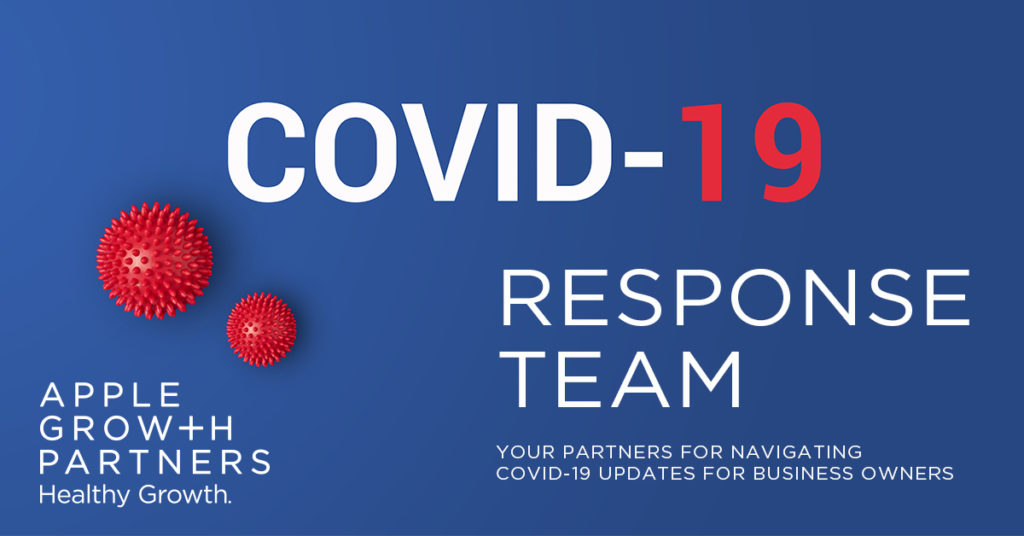
August 20, 2020
Internal Revenue Service (IRS) Notice 2020-52, provides guidance and temporary relief for employers who may choose to reduce contributions during 2020 to their safe harbor 401(k) or 403(b) plan. Notice 2020-52:
- Clarifies that an employer can amend a safe harbor plan to reduce contributions made only on behalf of highly compensated employees (HCEs) without losing safe harbor plan status; and
- Allows an employer to make a mid-year amendment to a safe harbor plan to reduce or suspend safe harbor contributions to non-highly compensated employees (NHCEs) regardless of whether the employer is suffering an economic loss or has provided a notice that that the employer may suspend or reduce the safe harbor contribution during the year.
This temporary relief applies to amendments adopted between March 13, 2020 and August 31, 2020.
Understanding the guidance
Generally, employee deferrals and employer contributions provided under a tax-qualified retirement plan must not favor HCEs. This means employee deferrals must satisfy the annual deferral percentage (ADP) test, and employer matching contributions must satisfy the annual contribution percentage (ACP) test. However, a “safe-harbor” plan automatically satisfies these tests.
Under these safe harbor provisions, a plan will satisfy ADP and ACP testing if it provides for certain minimum matching or nonelective contributions to NHCEs. Plans generally fail the safe harbor requirements unless its provisions satisfy the safe harbor prior to the first day of the plan year and remain in effect for an entire twelve-month plan year. Prior to this Notice, existing regulations permit a safe harbor plan to be amended during the plan year to reduce or suspend future safe harbor contributions only when the employer is operating at an economic loss for the plan year and the plan’s safe harbor notice includes a statement that the plan may be amended during the plan year to reduce or suspend safe harbor contributions and that will not apply earlier than thirty days after all eligible employees are provided notice of the reduction or suspension (known as a supplemental notice).
If a permitted suspension is implemented, the plan amendment must also reflect that the plan will be subject to the ADP and ACP tests (using the current year testing method) for the entire plan year.
Relief Under the Notice
Due to the ongoing and unprecedented challenges caused by the COVID-19 pandemic, including the employer’s unexpected financial challenges, Notice 2020-52 provides special relief from certain of the existing safe harbor rules for employers who may take action to reduce or suspend employer contributions this year.
Notice 2020-52 eliminates the need for the employer to be operating at a loss and to have the suspension language in its annual notice while providing two forms of relief: one related to the reduction or suspension of contributions made on behalf of HCEs; and the other related more generally (but only temporarily) to the reduction or suspension of safe harbor contributions.
- Suspension of HCE Contributions – Notice 2020-52 provides that contributions made on behalf of HCEs are not included in the definition of safe harbor contributions, and, therefore, a mid-year change that reduces only contributions made on behalf of HCEs is not a reduction or suspension of safe harbor contributions and will not cause the plan to lose its safe harbor status. However, although contributions made on behalf of HCEs are not included in the definition of safe harbor contributions, an updated safe harbor notice and an election opportunity must be provided to HCEs to whom the mid-year change applies, determined as of the date of issuance of the updated safe harbor notice.
- Suspension of Safe Harbor Contributions – Second, Notice 2020-52 provides temporary relief related to the mid-year reduction or suspension of safe harbor contributions (either matching or nonelective) and the supplemental notice requirements for mid-year changes in safe harbor contributions (only applicable to nonelective contributions).
Reduction or Suspension of Safe Harbor Contributions. The plan amendment that reduces or suspends safe harbor nonelective contributions must be adopted no later than the effective date of the reduction or suspension of safe harbor nonelective contributions (i.e., it cannot be retroactive).
- Nonelective contributions qualify for relief from the thirty-day notice requirement, making those contributions easier to reduce or suspend.
- Safe harbor matching contributions are not eligible for this temporary relief as any amendment will not be effective until thirty days following the date of the supplemental notice.
If you are considering a suspension or reduction of your safe harbor contributions, contact your third-party administrator immediately as August 31st is rapidly approaching.
Apple Growth Partners’ published material provides general coverage of its subject area and is presented to the reader for educational purposes based on the most current regulatory information available at the time it was written. All communications, whether written or oral should be reaffirmed prior to the submission of any application. All information in this published material and on our website is provided in good faith; however, we make no representation or warranty of any kind, express or implied, regarding the accuracy, adequacy, validity, reliability, availability, compliance with any law (federal, state or local) or professional standard or completeness of any information. We assume no responsibility to any recipient of this material to correct or update its contents for any reason, including changes in any law or professional standard. It is not intended to be audit, tax, accounting, advisory, consulting or investment advice. The information in this article is also not a substitute for legal advice and may not be suitable in a particular situation. Consult your attorney for legal advice.
Our articles, other published materials and website occasionally contain links to other web pages. Links to organizations and government agencies are provided as a convenience to our readers. The firm does not endorse and is not responsible for any third-party content that may be accessed from its website and does not recommend or endorse the use of any third-party’s services. The links are to be accessed at the user’s own risk, and the authors of this website make no representations or warranties about the content of these links.

